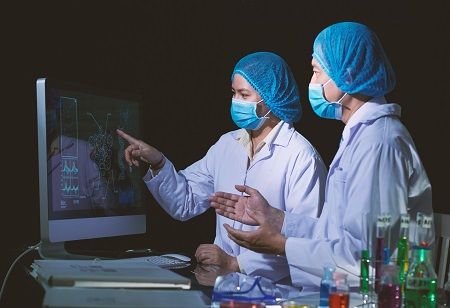India Pharma Outlook Team | Wednesday, 09 April 2025

Researchers at the University of South Australia (UniSA) are working on a laparoscopic probe that uses quantum technology to enhance the detection of gastrointestinal cancers. Supported by the federal government's Economic Accelerator (AEA) Ignite Grant, the research has been funded A$405,050 (around $244,854). The project is being conducted in collaboration with Ferronova, a precision cancer surgery company.
The study conducted by Dr Nicole Dmochowska of UniSA's Future Industries Institute seeks to develop a probe that can precisely map tumour spread in real-time during surgery. The probe will be combined with Ferronova's iron-oxide nanoparticle tracer, FerroTrace, to detect cancerous lymph nodes more accurately. The new method has the potential to greatly minimize the necessity for lengthy surgical procedures that tend to result in severe complications and long-term side effects.
The UniSA researchers have already shown the potential of a quantum sensor-based magnetometer probe in a Phase I trial with oral cancer patients. The Ignite Grant will now fund the creation of a fully functional prototype for testing in large animal models, leading to future human clinical trials.
Dr Aidan Cousins, principal researcher and development engineer at Ferronova, emphasized that combining the quantum probe with FerroTrace provides a safer and more efficient alternative compared to existing lymphatic mapping technologies based on radioactive tracers.
Dr Cousins said: “This technology is particularly promising for patients undergoing chemotherapy and radiotherapy before surgery, where conventional lymphatic mapping methods have limited effectiveness. This could be a paradigm shift in cancer treatment, enhancing the quality of life for millions of patients worldwide.”